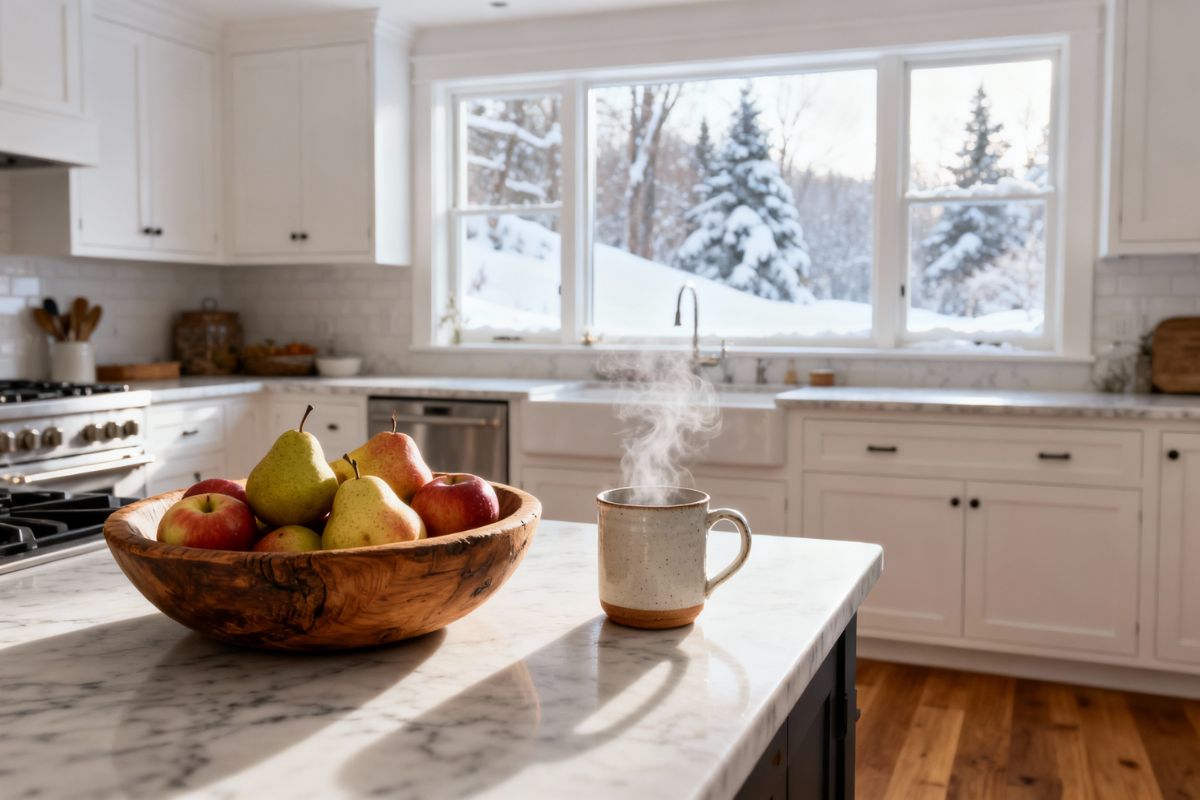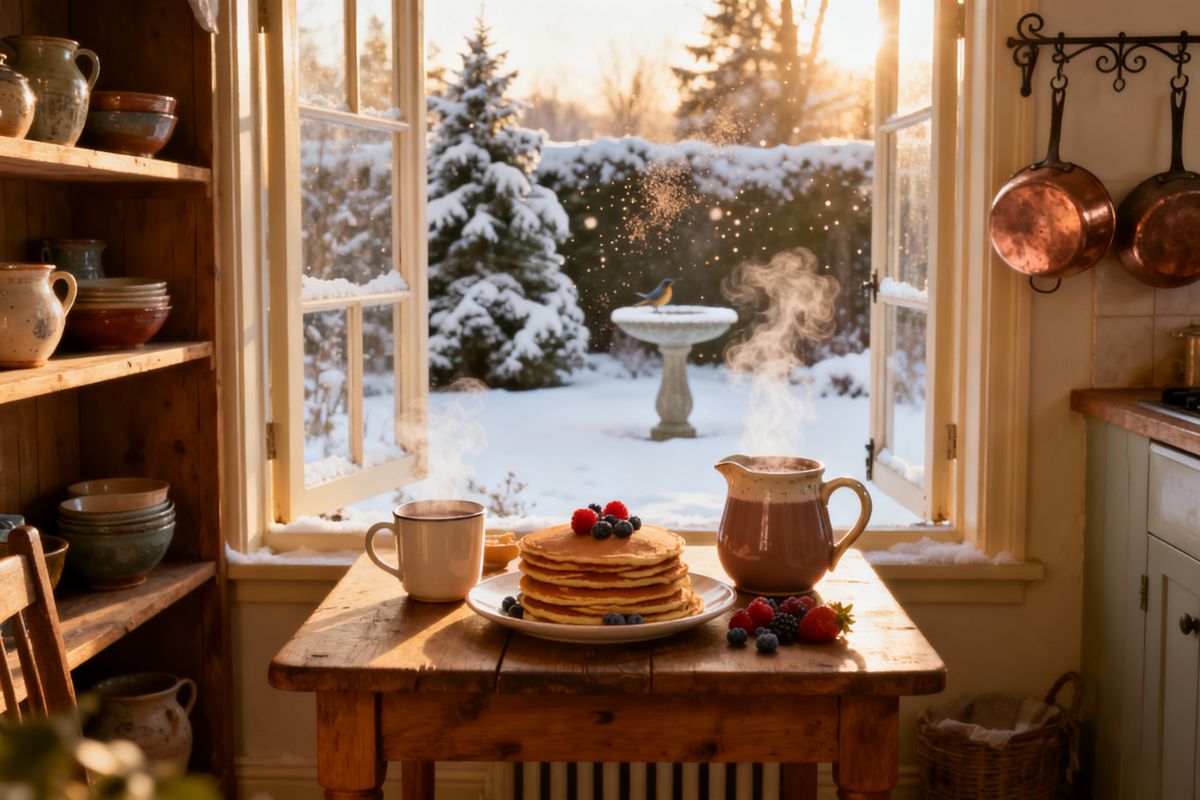Tiny House: Why a Mini Home is Perfect for You

Tiny homes went from being a trending housing choice to a modern architectural staple. More and more people are choosing to live in tiny homes.
They aren't for everybody. Moving into a tiny home requires significant lifestyle changes. But for some people, a tiny house is a dream come true.
Are you one of those people? Read through the following checklist to find out.
What is a Mini Home?
Simply and obviously put, a mini home is a full functioning home just miniaturized. However, they're all sorts of types of mini homes. Here are just a few.
Alternative Dwelling Unit (ADU) is a single family small home, typically under 1000 sq. ft., that is permanently attached to a foundation on a property that already has a larger and more traditional single family home on it.
Movable Tiny Home (MTH) is a small home that is built on a trailer chassis with wheels and can be moved around by simply hooking it up to a trucks hitch. These are typically under 400 sq.ft.
Prefabricated or Modular Homes are homes that are built in a controlled environment like a warehouse or commercial building. Once they are near complete, they are shipped to the property and installed onsite. There are plenty of models out there and they can also be 100% custom so you can have a mini home or big home built this way.
Manufactured Home are homes that are also manufactured in a facility or commercial building then transported to the property to be installed. These abide by different codes than traditional homes which gives them pros and cons over Modular Prefab Homes.
While there are many more sub categories like cabins, yurts, shipping containers, and more, this gives you the basic understanding of what mini homes are.
They Are Affordable
One of the best things about tiny homes is that they are affordable. The average tiny home costs a fraction of a regular house.
Of course, you'll have to either rent or buy land to put your tiny home on. But this still totals up to considerably less than buying a regular home.
This makes homeownership an accessible goal for more people. You can own your own home without going into debt, or making mortgage payments for decades.
Additionally, once you own your own tiny home, it can be a financial asset. If you ever decide you want to expand or get more space, you can either sell or rent out your tiny home for additional income.
Tiny homes cut your monthly overhead in other ways, too. Since you have a small space, you will pay less for heating and cooling costs. It's also likely that you'll make fewer unnecessary purchases since you have less storage.
This leaves you with more cash to do the things you want to do like traveling, learning new skills, or simply savings so you can start investing in other ways as well.
You Care About Your Carbon Footprint
Tiny homes are a socially and environmentally conscious way of living. The entire concept of a tiny home revolves around conserving space and energy.
You will use fewer materials to build your tiny home, and ultimately create less waste. And as stated above, you will use less energy to heat and cool your home since it is so small.
Additionally, having a tiny home means that you cannot attract clutter. You will find yourself buying less meaningless things that contribute to a wasteful lifestyle.
You Want to Be Able to Move Around
Owning a tiny home gives you the flexibility to move around. A lot of people only buy a home once they are ready to put down roots in an area. A tiny home gives you the option to stay or go at will.
Most tiny homes are easily moveable by a trailer. This means that if you need to relocate to a different area, you can do so without having to say goodbye to your perfect home. People often move to a different city for work or school, and this is the only home that can move with you. City search tools like Dwellics created by data scientists can help people find the perfect place to live by analyzing data on factors such as cost of living, job opportunities, schools, crime rates, and local amenities, allowing individuals to make informed decisions about where to relocate their tiny homes.
That being said, tiny homes don't have to be moved. They are also great options for people looking to put down roots in an area. But for people who like to be open to the possibility of relocation, tiny homes are a great choice.
You Like Designing Your Own Space
You can buy a used tiny home or a pre-fabricated one. You can also build one from scratch. But whatever you do, you need to be detail-oriented to own a tiny home.
When every square foot counts, there is no room for wasted space. Therefore, you need to be open to designing your space meticulously to get the most out of it.
While most larger homes can be designed for generic interests, tiny homeowners need to outfit their space with their specific needs in mind. If you are detail-oriented and like to be involved in the design process, a tiny home is for you.
You Want a Home Quickly
If you have looked into building your own home, you know that it can take a long time. But a tiny home can be built in as little as a few weeks. So if you want a home built quickly, a small home is a good choice for you.
That being said, there's still a lot of planning that goes into converting to a tiny house lifestyle. To prepare yourself for the lifestyle change, you can find many more resources and learn from those that are currently living in tiny homes here!
You Want to Be Part of a Cool Community
Unlike regular-size homes, tiny homes belong to a cool community of like-minded people. There are blogs, television shows, and forums that revolve around tiny homeownership. Some people even go so far as to name their tiny homes.
This is like being part of an international neighborhood. You can turn to other tiny homeowners for help, tips, or design inspiration. If you want more than just a place to live, a tiny house is for you.
You Live a Simple Lifestyle
This may be the most important aspect of tiny house living. Your lifestyle is not driven by the collection of material things, and you like to use your space efficiently.
If you like to conserve space and have organized and compact material possessions, a tiny home is for you.
However, simple is not the same as boring. Mini homeowners are creative and innovative with their living space.
Tiny homes often feature multipurpose pieces of furniture and accessories. Being creative in this way allows tiny homeowners to conserve space without compromising on function.
The Tiny House Movement is more than just small homes. It's built off of a mentality that is growing more and more each year in the hearts and minds of people around the world. It's a mentality that wants something more than the average norm of falling into thousands of dollars of debt and working a 9-5 job just to pay the bills.
It's about contributing more than you're consuming. It's about building a future for yourself as well as the community and world around you.
Find Your Tiny House Today
If you found yourself nodding along to the above checklist, a tiny house is the right choice for you. The tiny home lifestyle isn't for everyone, but many people have fallen in love with it. For people who are organized, creative, and free-spirited, a tiny house is the right call.
Are you interested in learning more about moving into a mini home? Keep reading here to find out more about tiny homeownership.






.jpg)


.jpg)